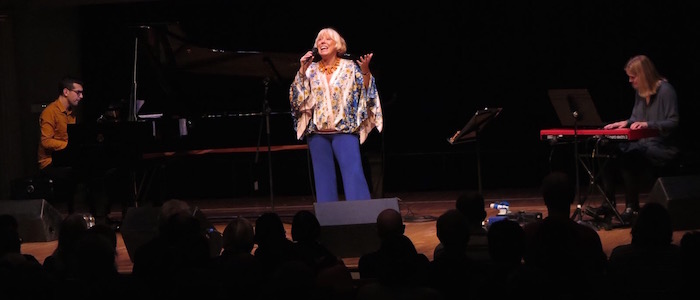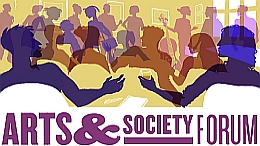
comment
We the People, you the Mob?
Podcast: listen to the debate from the Battle of Ideas 2015.
From controversial law cases such as that of footballer Ched Evans through to intense bursts of outrage at offensive jokes or unpopular opinions, the Twitterstorm seems to have replaced the mob in twenty-first-century imagination. While some defend the use of such tactics as a (mostly) harmless letting off of steam, others have become increasingly uncomfortable about what such tactics mean for the state of public debate more widely. In his much-discussed book, So You’ve Been Publically Shamed, journalist Jon Ronson explored the real-world effects of such vituperative mob justice, from unfairly destroying reputations to ruining lives. Last year, an investigation into ‘trolls’ targeting the parents of Madeleine McCann ended in the suicide of one of the accused.
From psychologist Gustave le Bon’s 1895 work, The Crowd: A Study of the Popular Mind, to Arthur Miller’s play, The Crucible, and even behavioural economics, there has been no shortage of intellectual inquiry into the nature of mobs, yet little consensus about what defines them. Protestors accused of mob violence in riots across US cities counter that it is heavy-handed police responses that turned organised demonstrations into anarchy. Meanwhile, claims that vigilante mobs mistakenly attacked paediatricians during the child-abuse panic at the start of the millennium have been found to have said as much about prejudices about the mob as the mob itself. If fear of the mob is nothing new, however, is there anything different about its spectral online version?
Why does the concept of mob rule seem to haunt public debate at a time when the masses play such a minor role in mainstream politics? Has the mob found a new home in the online world, with its seeming hostility to traditional forms of hierarchy and authority? Does the fear of mob rule reveal an elitist contempt for mass politics, or an anxiety that contemporary institutions lack the strength to articulate popular frustration?
SPEAKERS
Josie Appleton
director, civil liberties group, Manifesto Club
John Coventry
global communications director, Change.org
Rupert Myers
barrister and writer
Daniel O’Reilly
comedian, aka Dapper Laughs
Cathy Young
contributing editor, Reason magazine; author, Ceasefire! Why women and men must join forces to achieve true equality
CHAIR
David Bowden
associate director, IoI
To keep up with the IoI’s podcasts subscribe here.

comments archive

what's happening next

Barb Jungr’s Musical Inspirations
Tuesday 8 December, 7pm (UK), online, via Zoom




CONTACT Rossa Minogue
BIOGRAPHY